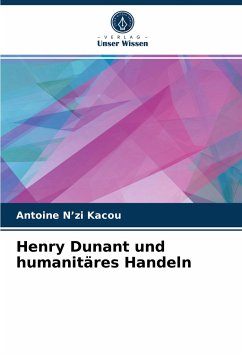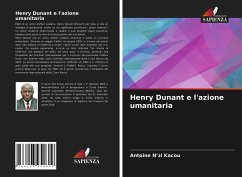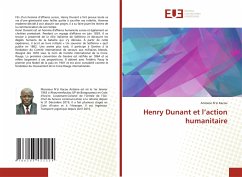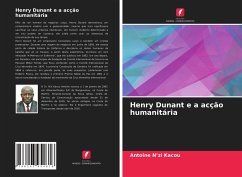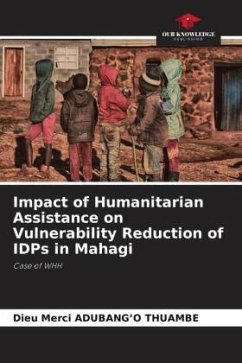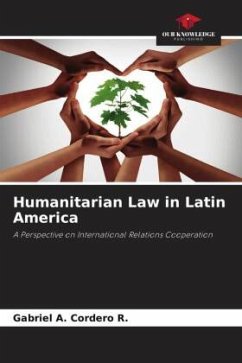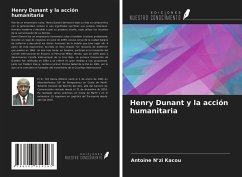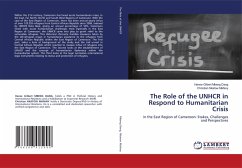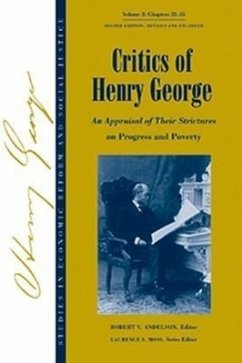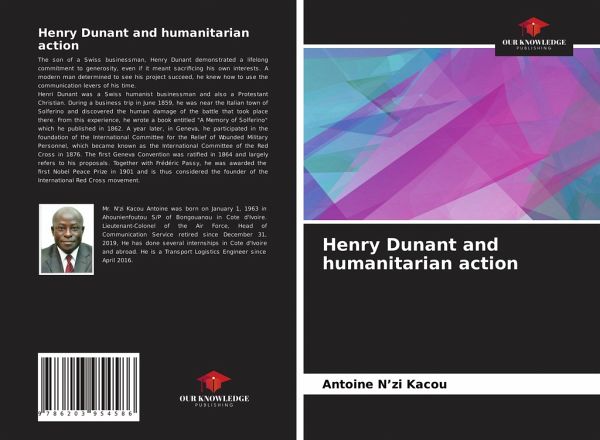
Henry Dunant and humanitarian action
Versandkostenfrei!
Versandfertig in 6-10 Tagen
27,99 €
inkl. MwSt.

PAYBACK Punkte
14 °P sammeln!
The son of a Swiss businessman, Henry Dunant demonstrated a lifelong commitment to generosity, even if it meant sacrificing his own interests. A modern man determined to see his project succeed, he knew how to use the communication levers of his time.Henri Dunant was a Swiss humanist businessman and also a Protestant Christian. During a business trip in June 1859, he was near the Italian town of Solferino and discovered the human damage of the battle that took place there. From this experience, he wrote a book entitled "A Memory of Solferino" which he published in 1862. A year later, in Geneva...
The son of a Swiss businessman, Henry Dunant demonstrated a lifelong commitment to generosity, even if it meant sacrificing his own interests. A modern man determined to see his project succeed, he knew how to use the communication levers of his time.Henri Dunant was a Swiss humanist businessman and also a Protestant Christian. During a business trip in June 1859, he was near the Italian town of Solferino and discovered the human damage of the battle that took place there. From this experience, he wrote a book entitled "A Memory of Solferino" which he published in 1862. A year later, in Geneva, he participated in the foundation of the International Committee for the Relief of Wounded Military Personnel, which became known as the International Committee of the Red Cross in 1876. The first Geneva Convention was ratified in 1864 and largely refers to his proposals. Together with Frédéric Passy, he was awarded the first Nobel Peace Prize in 1901 and is thus considered the founder of the International Red Cross movement.



